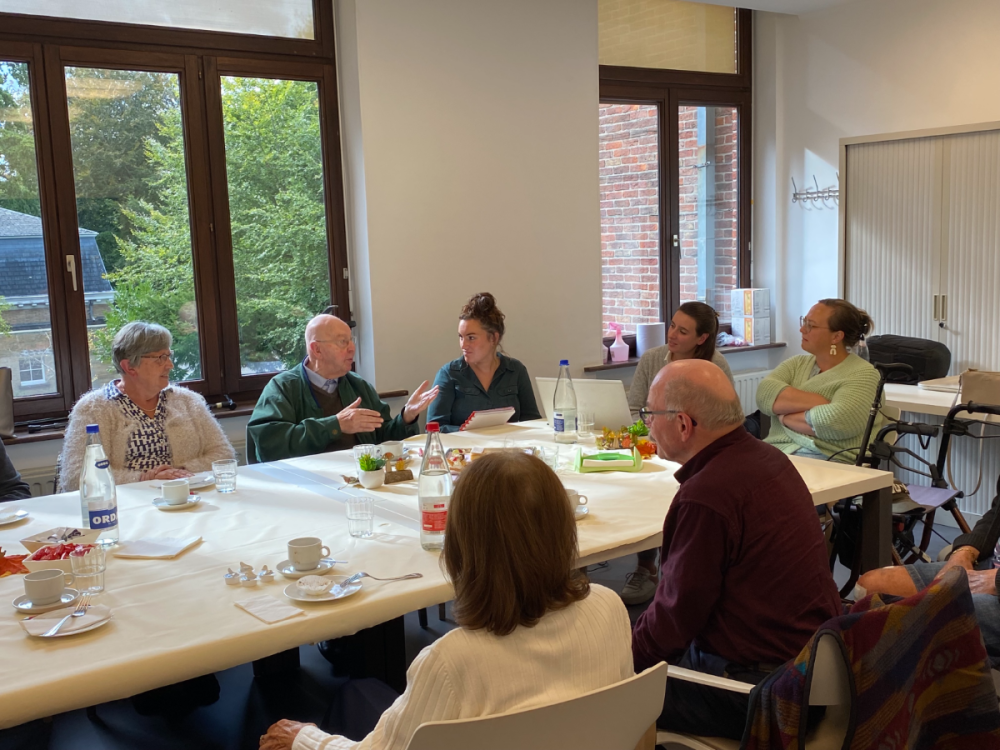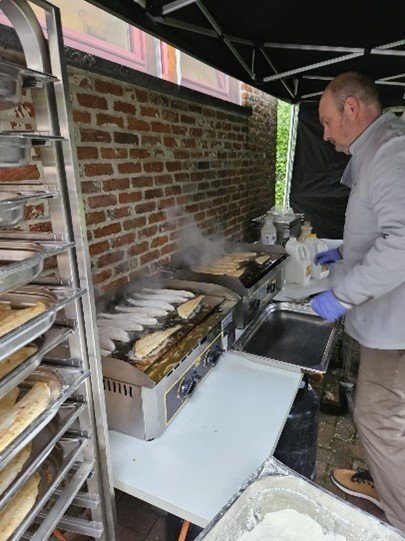- Welcome
- CRFS Description
- Living lab description
- Living: Innovation action plan
- Stories from the lab
- Lab festival
- The first experiment
- The second experiment
- The third experiment
- The fourth experiment
- The fifth experiment
- The sixth experiment
- Policy: Policy Action Plan
- Food System Dialogue
- Access history
- Members

Stories from the lab
News About Our Living Lab Bruges
Meal delivery company 'Ruddersstove' wins the 'Sustainability Award' at the Care Employer of the Year 2024!
Every year, the Care Employer of the Year event distributes various awards within the healthcare sector. Organizations linked to the care sector are chosen from many nominees, excelling in one or more areas within the healthcare landscape. This year, one of the partners within the Bruges Living Lab, Ruddersstove, was nominated for the sustainability award. We are proud to announce that Ruddersstove indeed received this award. Not only within the cities2030 project, but also in their general operations, Ruddersstove strives for the most sustainable policy and approach in the preparation and delivery of home meals. Their progressive vision was rightfully celebrated!
Below is the press article:
Ruddersstove Meal Care received the Sustainability Award at the Care Employer of the Year 2024 event on April 18. The event took place at Docks Dome in Brussels, a stunning venue where various care organizations competed for different awards. The award show is organized by ‘Zorg Magazine,’ allowing care organizations to excel in areas such as innovation, personnel policy, internal projects, marketing, and more. In the category 'Other' Care Organization of the Year, 'De Voedselploeg,' Ruddersstove's social food distribution platform, secured a nomination.
This year marked the introduction of the sustainability award. Out of the eight candidates in this new category, Ruddersstove Meal Care was chosen as the organization that made the most significant efforts in sustainable business practices.
Gunther Vanoverschelde, Coordinator of Kitchen Management, said: “Our welfare association focuses on sustainability in various ways. Firstly, we are electrifying our fleet for meal delivery. The charging stations for these vehicles are directly powered by electricity generated by 2,280 solar panels in our parking lot”.
In addition to our goal of having a completely CO²-neutral fleet by 2030, we also strive to conduct sustainable business practices throughout different process steps. This includes building management, procurement policy, waste management, ecological cleaning and disinfection, and our policy on the use of packaging materials.”
Lieven Astaes, Director of Ruddersstove, stated: “This award is the result of the efforts of the entire organization and the entire board that supports Ruddersstove. Without the trust of our Board of Directors, we could not invest in sustainability. We are very grateful for this award, which is a boost for our ongoing sustainability efforts.”
Pablo Annys, Alderman of Social Affairs, said: “The Bruges policy plan states that CO² emissions must be reduced by 40% by 2030. As a public organization, we set a good example. The impressive initiatives at Ruddersstove are only possible because we collaborate with other partners. It is always about daring to innovate and show ambition, even if the return is not immediately visible in the short term.”
Cooking workshops in the Bruges Community Centre "De Dijk" bring seniors and children together.
1st february, 2024
In January and February 2024, the Living Lab Bruges organized cooking workshops at the neighborhood center "De Dijk." As the focus of the living lab is to provide healthy and sustainable meals to the elderly population aged 65 and above in Bruges, various experiments within the meal delivery system were implemented. This experiment utilized the unifying power of food to bridge generational gaps and increase accessibility to neighborhood centers for vulnerable groups. These activities garnered attention from the regional press and serve as a precursor to sustainable implementation. Below are the findings from the press coverage (translated).
In the neighborhood center "De Dijk" (a meeting place and participation channel for the district of Sint-Pieters) in Bruges, a pilot project is currently underway in collaboration with WZC Molenwijk, WZC Herdershove, and De Stempel Primary School, under the guidance of the city of Bruges and VIVES University College. Within this project, seniors from both residential care centers come together with fourth-grade students from De Stempel Primary School to cook customized recipes together. This pilot project is part of the European Horizon 2020 project Cities2030. The Bruges partners in the project (City of Bruges, Ruddersstove, Mintus, and VIVES) are working together to deliver healthy and local meals to Bruges seniors through tailored meal deliveries, including at neighborhood centers.
Various national projects have already shown that creating bonds between older and younger generations has a positive effect in several areas. Seniors thrive, share their knowledge and skills, experience increased self-esteem, and reduce their loneliness. Children learn from the elderly, enhance their communication and social skills, and broaden their cultural horizons. This has a general effect on physical, mental, and social health. Food serves as the ideal tool to bring people together and promote interaction. Therefore, cooking workshops have been organized where seniors work with children from elementary school on simple recipes.
The pilot project runs for three weeks at Neighborhood Center "Den Dijk," an ideal location to bring people together and get to know each other in a peaceful and warm atmosphere. On Thursday afternoons between 2:00 PM and 3:30 PM, fourth-grade students from De Stempel Primary School came together with seniors from the residential care centers. These workshops focus not only on cooking together but primarily on the interaction between both generations. In addition to cooking, there is time for games and crafts. The pilot project has been warmly welcomed by the various partners and participants. Both children and seniors enjoy the cozy and educational time, resulting in a day full of smiling faces. Yesterday marked the last cooking workshop of this pilot project. This unique collaboration will be anchored in the operation of Neighborhood Center "Den Dijk," the primary schools, and the residential care centers of Sint-Pieters Bruges in the next phase. All organizations consider this initiative an added value to their operations.
Deputy Mayor for Climate and Energy Minou Esquenet: "Healthy, tasty, and local food is good for you at any age. Food made with love and care by local producers always tastes delicious. Moreover, cooking together is unifying, both for young people and for the elderly. As a city, we are fully committed to allowing everyone to taste healthy and local food. These cooking workshops with different generations together are therefore a beautiful realization of our ambitions regarding tasty, local, and healthy food."
Deputy Mayor for Social Affairs Pablo Annys: "Welfare association Ruddersstove is actively involved in the CITIES 2030 project. Together with the City of Bruges and welfare association Mintus, we aim to strengthen the European food strategy. For this purpose, we join forces with 41 European partners from 19 countries, over a period of four years. Through this pilot project in Sint-Pieters-Bruges, we bring generations together and teach young and old to prepare and enjoy sustainable, healthy meals together. We not only strengthen ties in the neighborhood and between people but above all, this pilot project underscores the importance of healthy nutrition and how you can prepare it in an accessible way."
Food System Dialogue Bruges: Tasteful Transformation: From farm to Table
16th January 2024
The year kicked off with great enthusiasm on Tuesday, January 16, 2024, through the 'Tasteful Transformation: From Farm to Table' Food System dialogue event. This collaborative initiative involved key Belgian partners within the cities2030 project, including Bruges, Vives University of Applied Sciences, and Inagro. The event's primary aim was to uncover potential opportunities linked to the protein shift. Considering the need to update current food policies and strategies in the Bruges region, insights gathered from the entire food system proved invaluable for refining these approaches. Throughout the Food System dialogue, significant emphasis was placed on identifying various gaps and barriers associated with the protein shift in the region. Additionally, the event provided a platform for exploring opportunities, understanding sector-specific needs, and outlining requirements for necessary support.
Leading up to the event, invitations were extended to various sectors within the food system, resulting in around 50 participants representing a diverse range of stakeholders such as farmers, producers, consumers, and policymakers. The primary objective of the event was to foster cross-sectoral discussions and mutual learning about the opportunities presented by the protein shift. The event began with an engaging keynote address by 'Mosquito in the room,' offering valuable insights into the importance of prioritizing plant-based protein sources and tracing the evolution of our dietary habits over time. Central to their presentation was the question: How can we transition towards a more plant-based diet in the future, and what adjustments are necessary within the current food system and policies to facilitate this shift?
Inspired by the keynote speech, participants then engaged in a brainstorming session, collectively addressing various challenges concerning the protein shift. They identified gaps and obstacles across different sectors, unearthed opportunities, brainstormed innovative ideas, and explored how policy frameworks could better support the transition toward increased plant-based protein consumption.
Several key findings emerged from these discussions.
A notable discovery was the widespread lack of understanding observed across different segments of the food system and among consumers regarding the protein shift. Farmers, for instance, are found to lack adequate knowledge and experience to ensure the shift towards sustainability. Moreover, consumers harbour numerous prejudices against plant-based food sources, while retailers continue to heavily emphasize animal-based protein promotion. This underscores the urgent need for policy interventions aimed at comprehensive information dissemination across all sectors and increased support to facilitate the protein shift.
Besides knowledge dissemination, financial support for investments across different sectors is crucial. Farmers, producers, and other stakeholders need to make diverse investments to achieve a sustainable shift, which often presents significant barriers. Coupled with the uncertainty about the long-term sustainability of their efforts, policymakers and research institutions can play a pivotal role in providing more support to these sectors during this transition toward sustainability.
The brainstorming session underscored the connection between the protein shift and the promotion of local products. There's a strong desire to give greater visibility to locally sourced items. Various initiatives like "100% West-Vlaams" are already working towards promoting local and regional products. Prioritizing local food and protein sources also brings financial benefits, reducing transportation costs as imports decrease. Participants emphasized the need for more distribution hubs for local products to expand their market reach.
The event was a modest success, leaving participants smiling as they departed with goodie bags filled with local plant-based protein products. The brainstorming session proved insightful, uncovering valuable information about regional demands and preferences regarding plant-based proteins. These findings will inform the revision of the Bruges food strategy.
Savouring sustainability: a culinary revolution for the elderly
20 December 2023
Navigating through the journey of aging, the transition in meal preparation and consumption reflects varying degrees of self-sustainability among the elderly. Initially, individuals find themselves in a stage of independence, where the ability to prepare meals and perform tasks such as grocery shopping is fully within their capability. This autonomy allows for a diverse and self-managed diet, fostering not only nutritional health but also a sense of self-reliance and activity.
As time progresses, a second stage emerges, marking a shift towards a combination of autonomy and support. In this phase, individuals may begin to integrate their meals with services offered by mealcare facilities, opting for a blend of dining at service centers and receiving meals delivered in a cold form to their homes. This approach allows for convenience, as they can reheat these meals at their leisure, maintaining a balance between independence and the assistance they may now require.
Transitioning to the final stage, the need for greater support becomes evident, with hot meals delivered warm directly to their doors. This service is particularly vital for those who may face challenges in meal preparation due to health or mobility issues, ensuring they receive nutritious, ready-to-eat meals that cater to their dietary needs without the strain of cooking.
Our project places significant emphasis on encouraging individuals, who are still able, to dine in service centers. This initiative is not merely about sustaining physical health through nutrition but also about nurturing mental and emotional well-being through community and social interaction. Dining in the company of others can mitigate feelings of loneliness and isolation, creating a vibrant social fabric that enriches their daily lives. Unfortunately, this vital step towards maintaining an engaging and communal dining experience is often overlooked as individuals transition from independence to needing more substantial support. By highlighting and facilitating this intermediate stage, we aim to foster a more inclusive, supportive, and socially connected community for our elderly population, ensuring they continue to lead fulfilling lives at every stage of their journey.
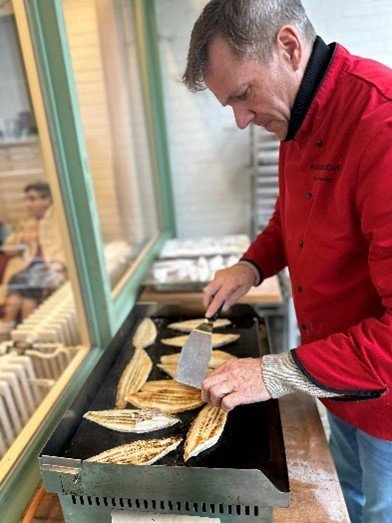
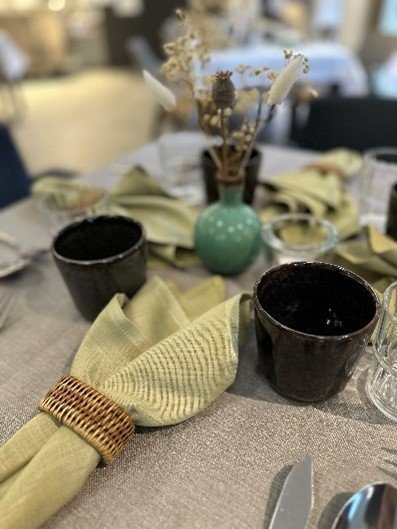
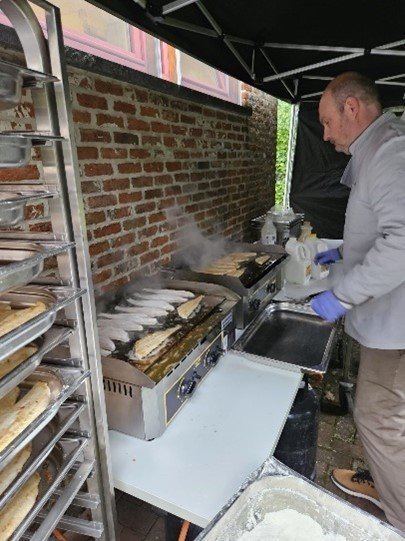
The event, hosted on four separate occasions in two different service centers, was a testament to the power of community and innovation. It was not just a meal; it was an experience designed to elevate the standard of mealcare and challenge the conventional approach to elderly nutrition. Participants had the opportunity to enroll and immerse themselves in a dining ambiance that was more luxurious, featuring tables adorned with flowers, linen, the finest crockery, and elegant ornaments. This attention to detail transformed the dining area into a space where the elderly felt valued and celebrated. Central to the event was the culinary upgrade from the usual menu offered at the service centers. With a focus on addressing regeneration issues, each meal was crafted to not only nourish but also to inspire. A professional chef cooked on-site, ensuring that the quality and taste of the dishes were from a different level.
The menu evolved with each edition of the event, starting with sludge tongue with oven-grilled potatoes and home-made tartare sauce the first two editions, followed in the thirth edition by freshly baked steak, with homemade mushroomsauce and vegetables. Finishing in the last session with lotta fish and leek puree, showcasing a diverse range of flavors and ingredients.


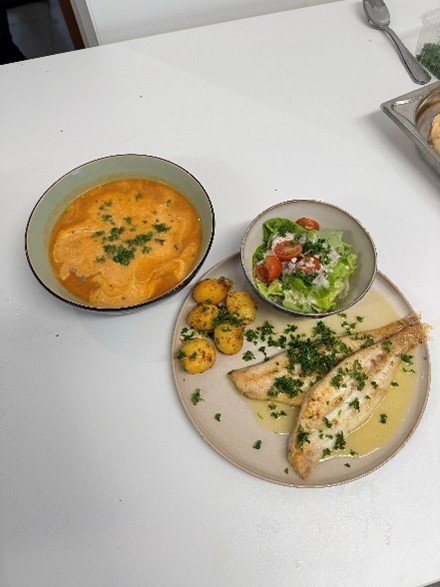
The response from the attendees was overwhelmingly positive. The initiative was met with appreciation and enthusiasm, with many participants expressing their delight and newfound interest in visiting the service centers more frequently. The event successfully lowered the barrier to entry, making it easier for people to engage with the services offered by the centers. This influx of new visitors highlighted the event’s success in not only enhancing mealtime experiences but also in fostering a sense of community among the elderly.
Beyond the immediate joy and satisfaction experienced by the attendees, the event underscored the importance of innovative approaches to elderly care. By prioritizing sustainability, quality, and dignity, the collaboration between Ruddersstove mealcare, Mintus, The City of Bruges, and Vives research facility demonstrated a commitment to reimagining mealcare. The success of this initiative serves as a beacon for future endeavors, proving that with creativity and collaboration, it is possible to transform everyday moments into extraordinary experiences, thereby enriching the lives of the elderly and setting new standards in mealcare sustainability.
The power of community to create health
29th August 2023
Community centres are designated as inclusive meeting spaces within neighbourhoods, where individuals of all backgrounds are welcomed. These centres celebrate the diverse makeup of their respective neighbourhoods and encourage residents to contribute their skills to both the centre's operations and the broader community, thus fostering a culture of volunteerism. In the Bruges area, there are 17 such community centres overseen by project partner Mintus. One of Mintus' primary objectives is to facilitate aging in place for the elderly population. The mission of the Living Lab Bruges is to provide customized, nutritious meals for individuals aged 65 and above. One of the initiatives within this living lab centres on the goal of familiarizing more individuals with the operations of community centres. The ultimate aim was to enhance outreach and support for this demographic across various levels of health and well-being.
Research and surveys have revealed that a vulnerable segment of elderly individuals still face challenges in accessing community centres. These are seniors who are at risk of experiencing social isolation. It becomes evident that many perceive the entry barrier as too high. Those who are on their own do not feel at ease having a meal at a community centre. To mitigate this obstacle, it is crucial for seniors to first become familiar with the community centres in their vicinity and the activities that take place there. Once they gain exposure to this environment, the likelihood of them coming for a nutritious meal becomes more feasible.
The Living Lab Bruges explored avenues for bringing this vulnerable group to community centres. The strategy of the buddy system was employed. Individuals who are already active in community centre activities extended invitations to those who are not yet acquainted with them. This with a focus on people who do not find their way to the community centre but still have a need to meet other people. Through brochures, posters, and interactions during activities, visitors to the community centres were introduced to the concept and encouraged to participate. In June, the first buddy event was organized, offering participants an incentive if they brought someone new to the community centre on that day. This activity was closely coordinated with the 'Den Heerd' community centre, which provided all necessary amenities. Following feedback gathered from the older population, a second buddy event was organized in august, tied to a popular activity—BINGO. Those who brought a new participant to this Bingo activity were granted free entry.
These initiatives proved to be a 'modest success'. Numerous seniors attended the buddy sessions and even brought along new participants! The principle of "people attract people" especially in connection with inclusive activities, was evident. Through this approach, the Living Lab Bruges aims to establish enduring activities, motivating an increasing number of individuals to visit community centers!
"Coming together is a beginning. Keeping together is progress. Working together is success."
- Henry Ford
Come and enjoy delicious food @ (H)eerlijk Brugge Festival!
7th may 2023
On the weekend of May 6th and 7th, 2023, the (H)eerlijk Brugge festival took place at the Koningin Astridpark location in Bruges. During this annual festival, one could literally and figuratively taste what our city has to offer in that regard. This edition focused on (wild) herbs.
This festival served as the flagship event for the Bruges Food Strategy and, in 2023, placed a particular emphasis on incorporating plant-based proteins into dietary practices. Attendees from diverse sectors were provided with the opportunity to engage with various stakeholders within the local Food System. The primary focus was on broadening consumer knowledge, sharing insights on plant-based proteins, and facilitating connections among different stakeholders, all with the objective of fortifying the network.
The Living Lab Bruges, representing the Cities 2030 project, was actively involved in this event. Their main objective was to raise awareness about Cities 2030 and the Living Lab Bruges, which involved exploring networking opportunities, educating new stakeholders, and investigating potential collaborations aligned with the goals of the Bruges Living Lab.
Eating plant-based in your golden years is investing in health
June 2023
There are several times scientific demonstrated that the older population needs more proteins in their diet. This under others to preserve their muscle mass and quality to pre-emptively respond to malnutrition and sarcopenia.
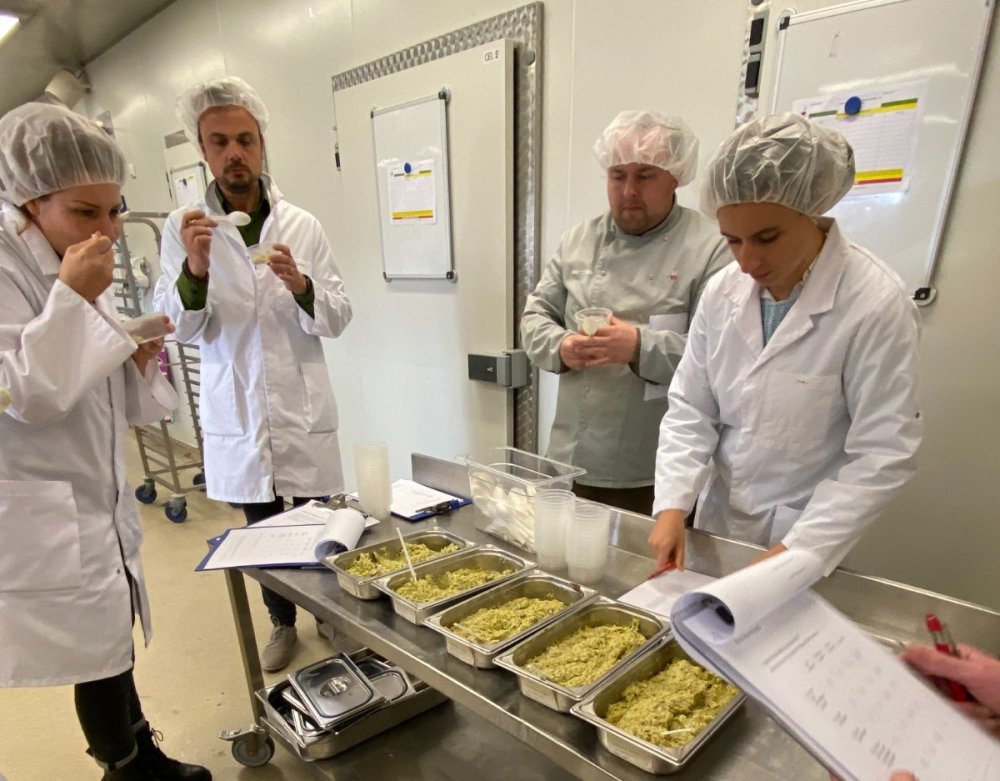 In an innovative pilot study of the Living Lab Bruges, specific components of the hot meal, produced by project partner Ruddersstove, were provided with plant based proteins. Ruddersstove is in charge of preparing and delivering hot meals to homes and local service centers. After a thorough examination, it was decided to enhance the starch component, 'mashed potatoes', with vegetable proteins in these hot meals. Before the mash could be evaluated by the target group, pilot tests were conducted at Ruddersstove to determine how adding the plant protein source affected various aspects of the mash, including (1) taste, (2) color, (3) aroma, (4) consistency, and (5) overall observations. This process helped identify the optimal concentration for both protein content and the factors mentioned earlier. For every 100 grams of a soy-based vegetable protein source, 44.75 grams of protein were provided. The addition of soy-based protein had a significant impact on the taste of the standard mash, but no added value was demonstrated in terms of nutritional claims. Therefore, this addition was not further tested in the continuation of this study.
In an innovative pilot study of the Living Lab Bruges, specific components of the hot meal, produced by project partner Ruddersstove, were provided with plant based proteins. Ruddersstove is in charge of preparing and delivering hot meals to homes and local service centers. After a thorough examination, it was decided to enhance the starch component, 'mashed potatoes', with vegetable proteins in these hot meals. Before the mash could be evaluated by the target group, pilot tests were conducted at Ruddersstove to determine how adding the plant protein source affected various aspects of the mash, including (1) taste, (2) color, (3) aroma, (4) consistency, and (5) overall observations. This process helped identify the optimal concentration for both protein content and the factors mentioned earlier. For every 100 grams of a soy-based vegetable protein source, 44.75 grams of protein were provided. The addition of soy-based protein had a significant impact on the taste of the standard mash, but no added value was demonstrated in terms of nutritional claims. Therefore, this addition was not further tested in the continuation of this study.
In a second test the plant-based protein, lupine, was introduced. The test design mirrored the approach used in the first phase. While the addition of lupine had a lesser impact on taste, it significantly affected aroma, texture, and thickness. Given these effects on various components, it was decided not to implement this addition in practice, as it would significantly impact the quality of the meals in a sustainable manner. This initial experiment aimed to evaluate the feasibility of enhancing Ruddersstove's meals with existing plant-based protein sources, specifically soy and lupine proteins incorporated into the puree. Previous studies suggested that these sources had the least impact on overall meal quality. Initially, the plan was to introduce enriched mash to the elderly population in two community centers. However, after taste tests involving 20 participants, it was clear that the effect on mash quality was too significant. The enriched mash did not meet the necessary quality standards for distribution to the intended audience. The success rate was considered rather low due to implementation challenges. Nevertheless, it serves as a foundation for further refining current plant-based protein sources.
Kitchen Chronicles: Engaging Elderly Wisdom Through the Language of Food
Oct' 2022
The primary goal of the Living Lab Bruges is to deliver healthy and sustainable meals to the elderly residing in the Bruges region. This objective revolves around the significant role played by meal delivery services to both homes and community centres, accounting for approximately 1200 daily meal deliveries. To gain a comprehensive understanding of the elderly population's needs and preferences and to tailor meals accordingly, we sought to capture their perspectives. In September and October 2022, the Living Lab Bruges organized three distinct focus groups, workshops that involved elderly participants, including various clients from our partner Ruddersstove. Together, they brainstormed ways to enhance the meal delivery system. Their valuable input was gathered during these engaging sessions, where topics such as plant-based nutrition, food sustainability, and local products were thoroughly discussed. These dynamic gatherings served as a crucial foundation for the Living Lab Bruges in formulating action plans and future experiments!
"In conversations with the elderly, you'll find an abundance of knowledge, grace, and perspectives that only age and experience can offer."


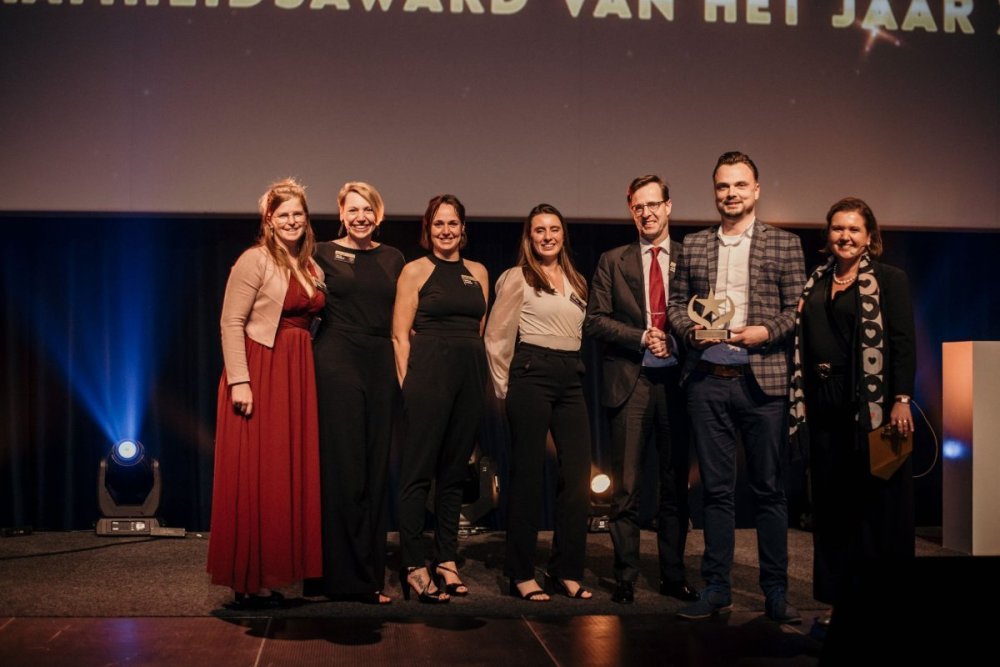
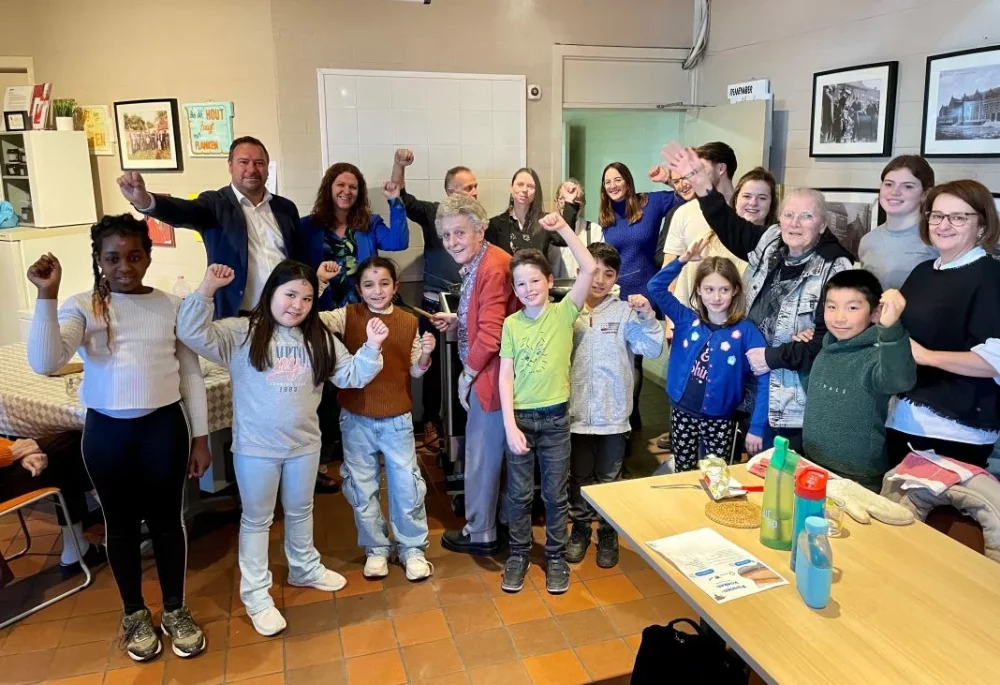
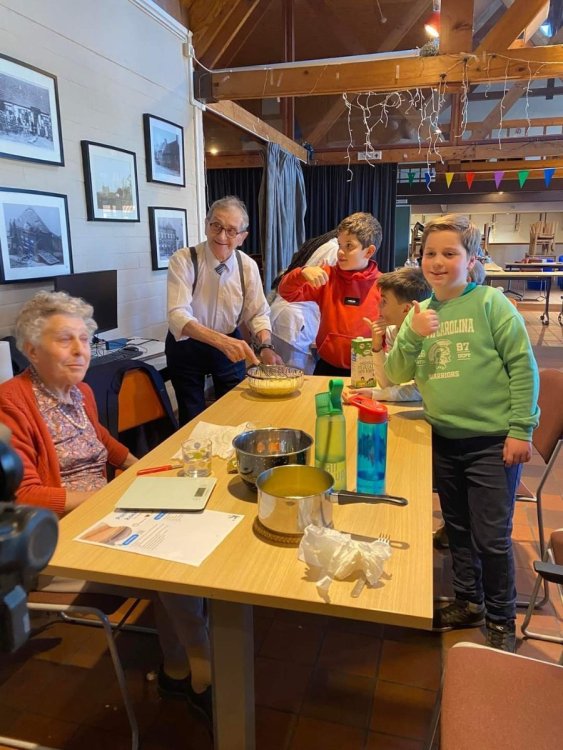
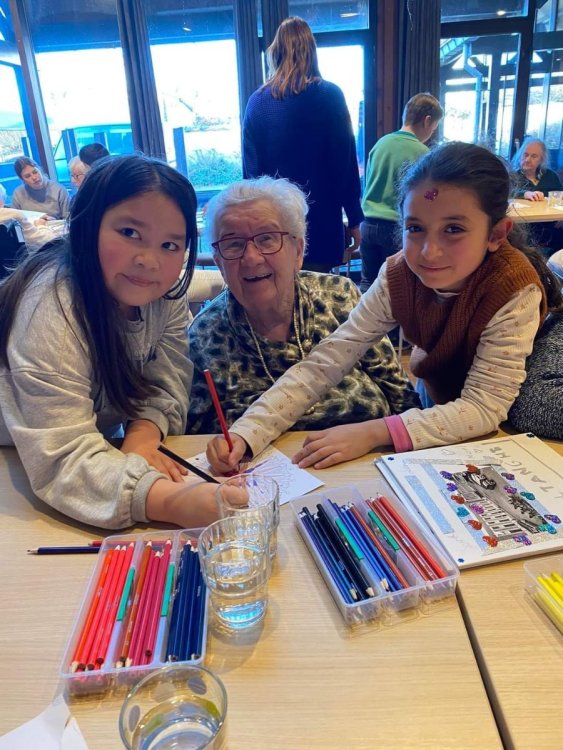
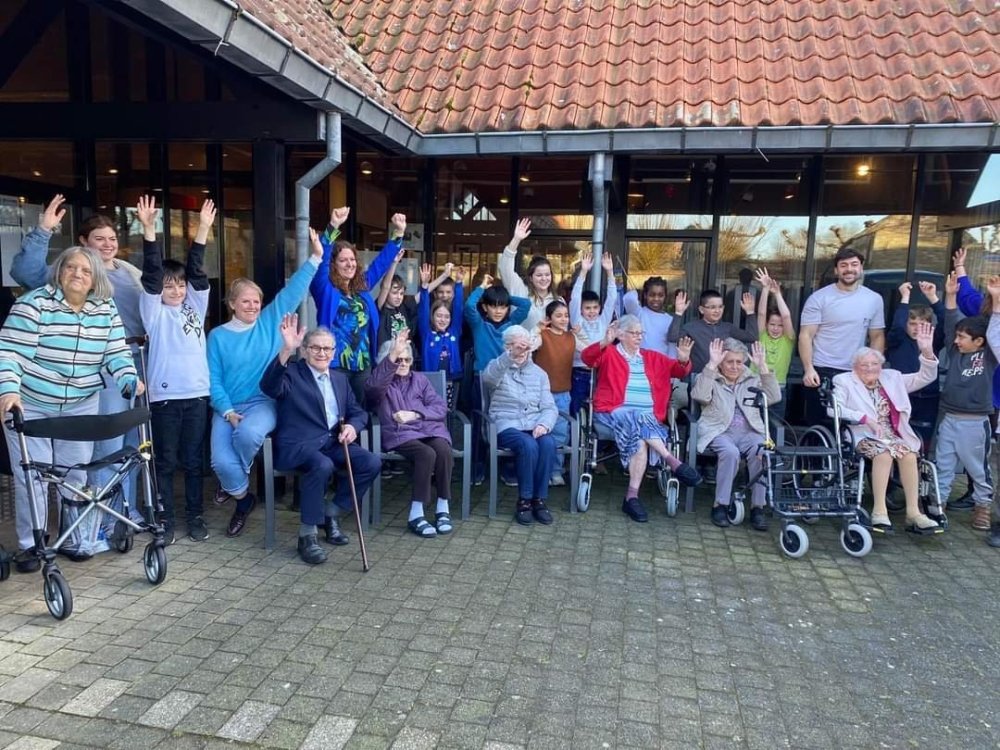
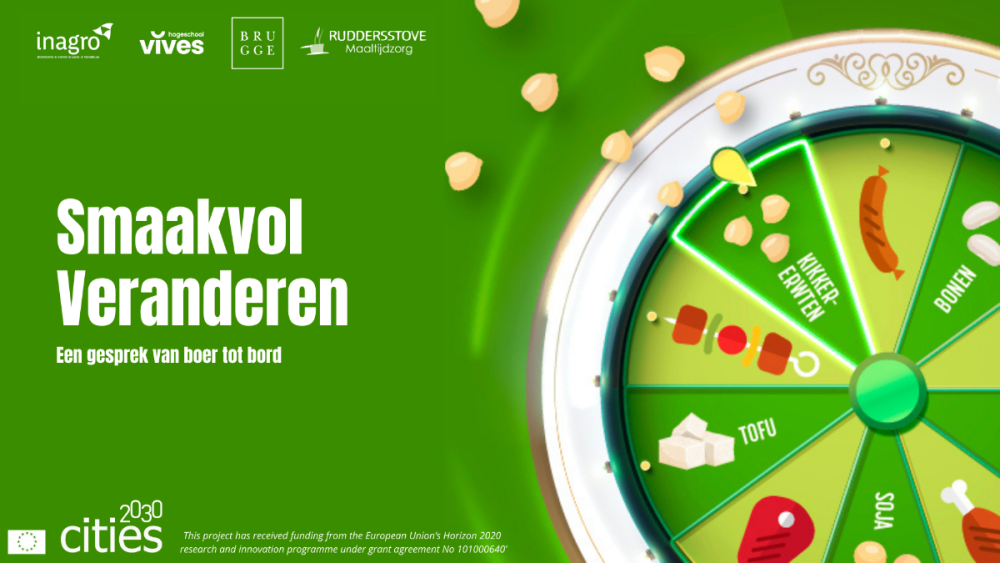
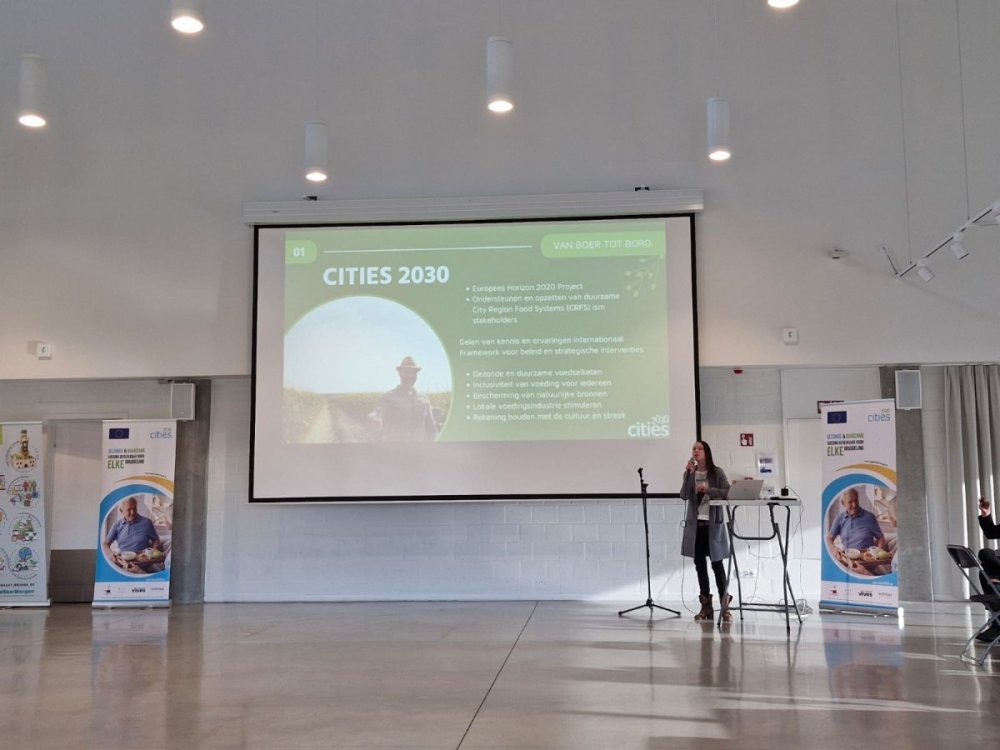
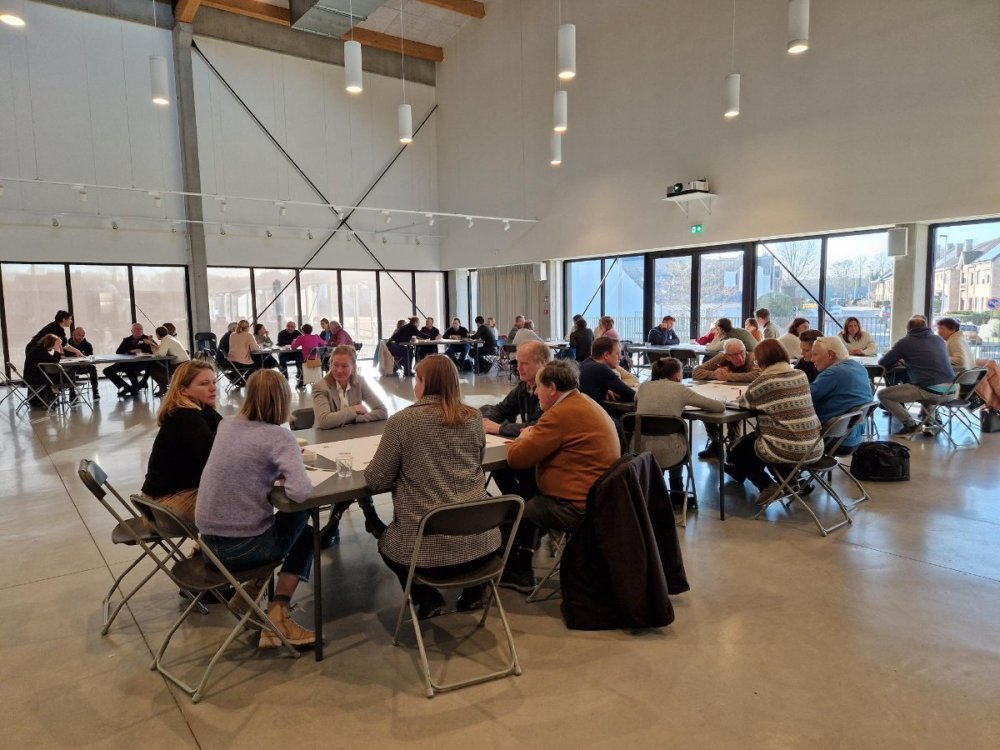
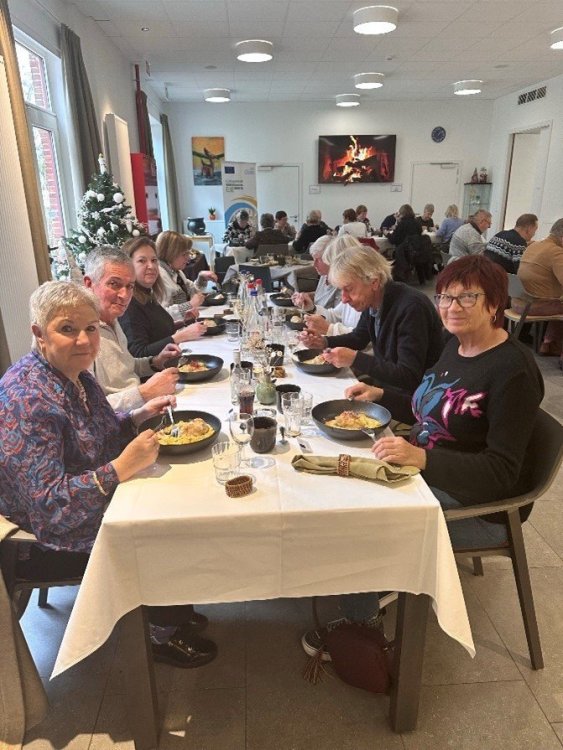
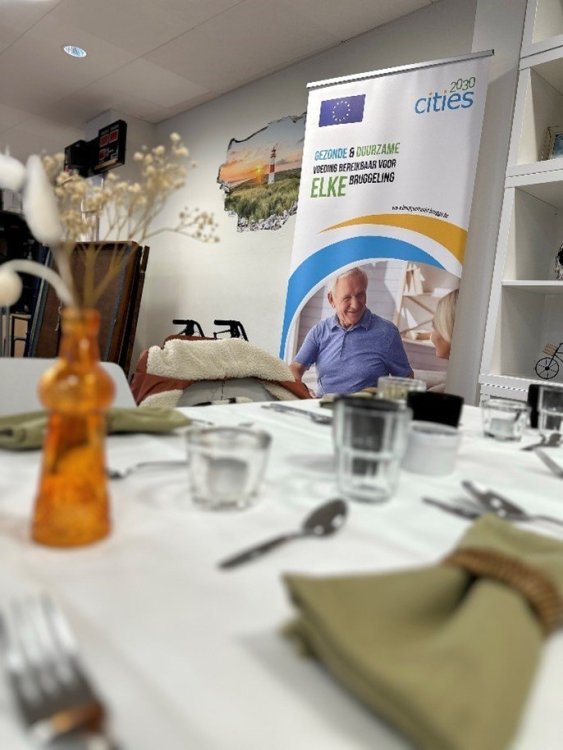
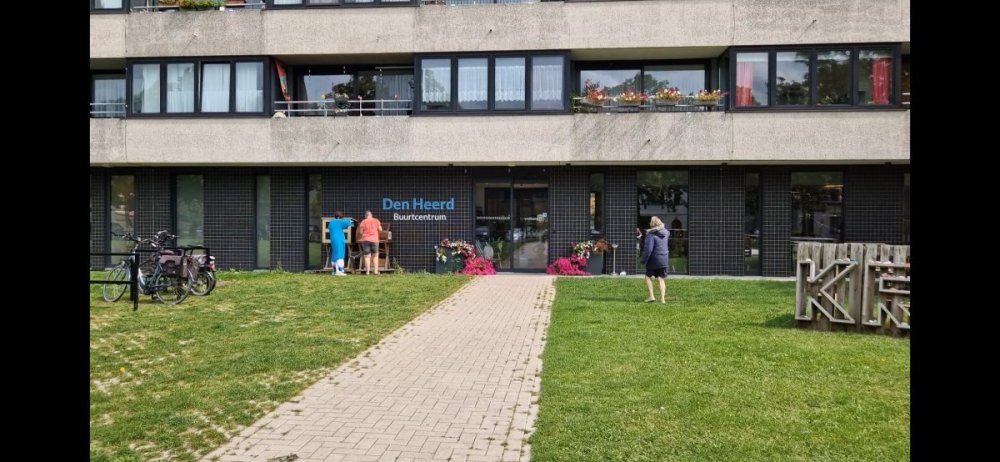
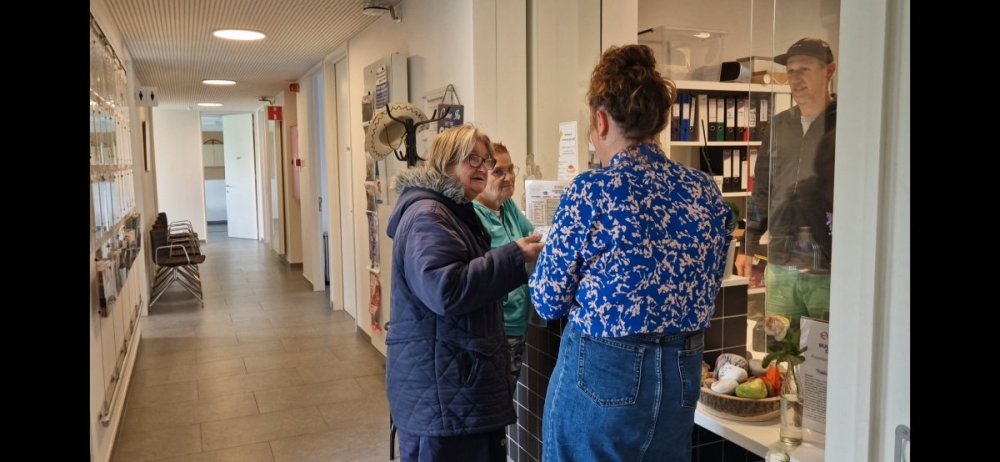
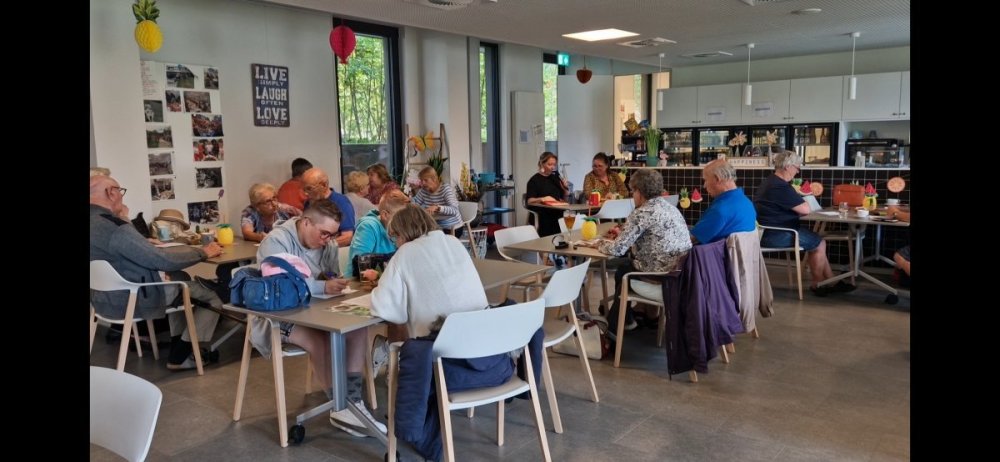
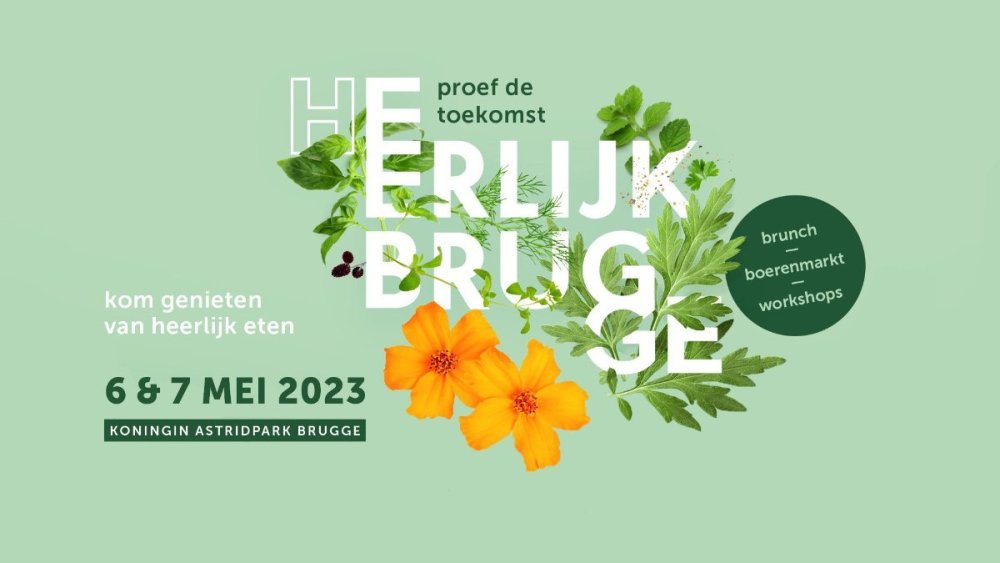
eerlijk_Brugge_2.thumb.jpg.7c283a0f8fd7323c6f5d20247b9b2582.jpg)
